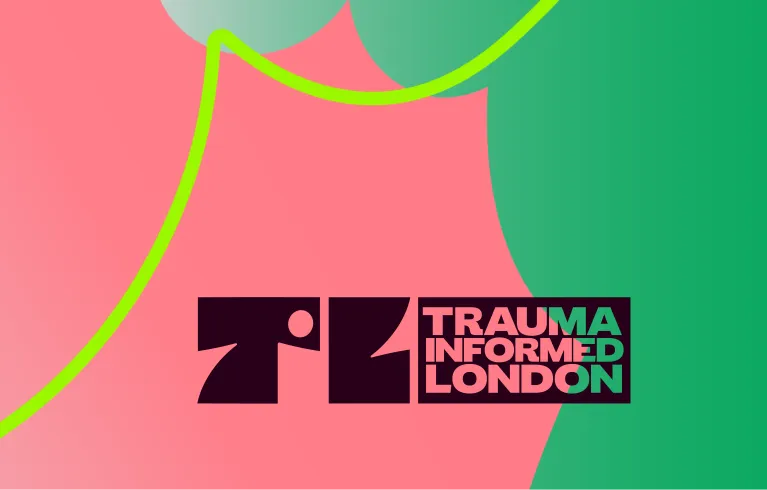
Key information
Publication type: General
Contents
3 sections
The VRU appointed Dartington Service Design Lab and Friendhood as its trauma-informed research partners. They led a comprehensive exploration of how trauma-informed approaches are being developed and implemented across London.
The research insights and recommendations mark a starting point to drive a more co-ordinated and sustainable model of trauma-informed practice across the capital.
About the project
The research builds on a substantial body of evidence demonstrating how traumatic, abusive or neglectful experiences – including Adverse Childhood Experiences (ACEs) – can have lasting impacts on wellbeing.
Emerging evidence on the ability to address and recover from ACEs and other traumatic events underlines the importance of integrating understanding of trauma into policy and practice.
Over the past two decades, trauma-informed approaches have been increasingly adopted across education, public health, criminal justice and social care. Yet significant variation remains in how trauma-informed practice is understood, defined and operationalised.
In this context, the VRU sought to strengthen its understanding of the London landscape and support the city’s journey towards becoming trauma-informed.
At its heart, the project connects partners across sectors to:
- develop a common vision
- link promising practice
- strengthen London’s collective ability to reduce violence through trauma-informed ways of working.
Who was involved
Targeted research engaged more than 300 practitioners, leaders, and young people to provide further sector insights. This ensured the project remained grounded in violence reduction and focused on building a more consistent, joined-up response.
This work has been co-developed by a project group of 16 trauma-informed champions from policing, health, local authorities, education, voluntary and community organisations, and the VRU’s Young People’s Action Group. Together, they have helped shape the project’s vision and direction.
Key outputs and findings
Focusing on Local Authorities, the Metropolitan Police Service (MPS) and London’s NHS Integrated Care Boards (ICBs), the research has generated:
- A definition of trauma-informed practice contextualised for London.
- An understanding of the current landscape of trauma-informed and trauma-responsive work across sectors.
- Promising practice case studies to support the growing evidence base for trauma-informed work in the violence reduction field.
- A roadmap or framework to help organisations assess and advance their progress towards being trauma-informed.
- Enhanced understanding of how trauma-informed and trauma-responsive practice contributes to violence reduction and improved outcomes more broadly.
Through this research process, the project identified four core ‘drivers of change’. These explain how trauma-informed practice leads to better outcomes for young people, families and communities. The drivers of change represent key indicators of trauma-informed practice that help to foster meaningful change.
Recommendations and next steps
The research has also led to specific recommendations. When implemented together, these create a ‘whole-London’ approach to embed trauma-informed practice.
These recommendations are also centred in the Trauma-informed London roadmap. This sets out the path to establishing a shared, city-wide approach to embedding trauma-informed practice across every part of the system.
All recommendations are relevant for policing, health and local authorities. Recommendations are centred on the different actors in the system as described in the project: implementers, system leaders and London’s VRU.
Find out more
The findings establish a baseline of trauma-informed practice across London. They provide a foundation for the VRU to continue supporting borough partnerships, cross-sector collaboration and shared learning.
Find all research outputs – including the main report, executive summary, and case studies – on our Trauma-informed London website.